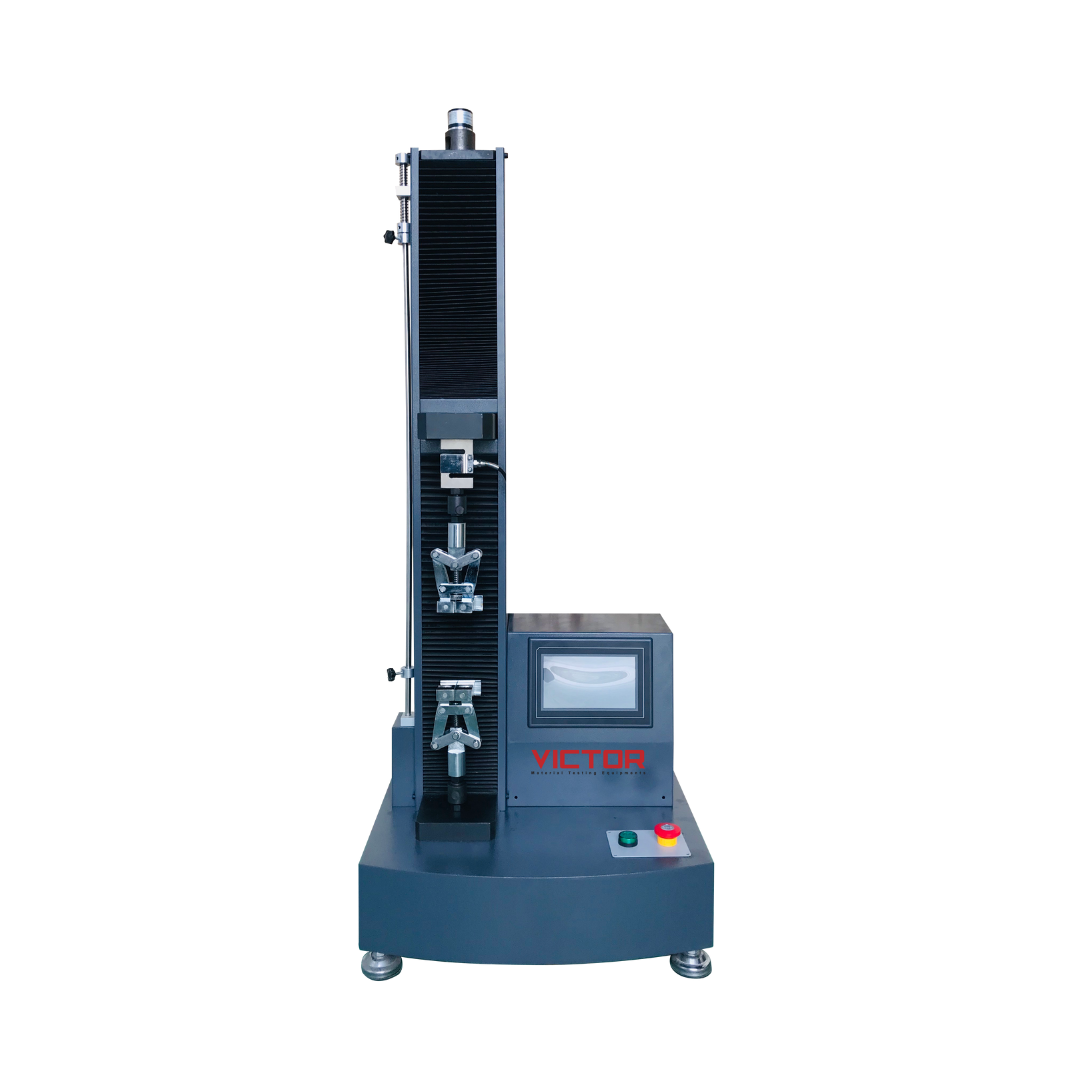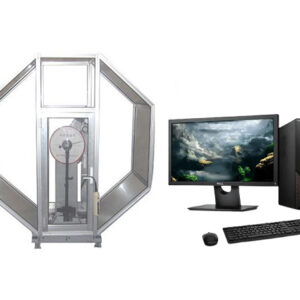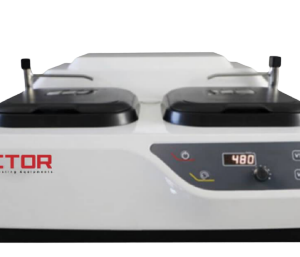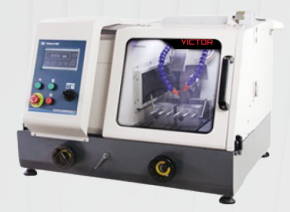Application
The VEW 260T Large LCD Digital Display Electromechanical Universal Testing Machine is designed and manufactured in accordance with ASTM, ISO, DIN, and other international standards. This high-precision, high-stability machine is ideal for testing a wide range of materials, including tension, compression, bending, and shearing tests. Featuring an intuitive LCD touchscreen control panel, it offers easy operation and advanced functionality. Widely used across industrial factories, mining enterprises, and educational institutions, this machine ensures reliable and accurate testing performance.






